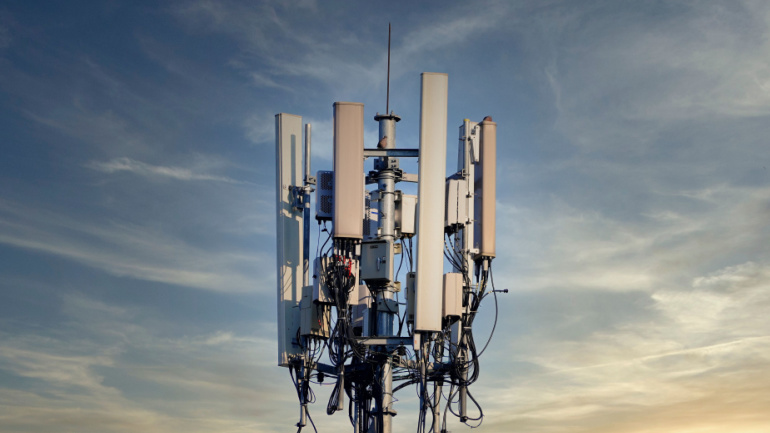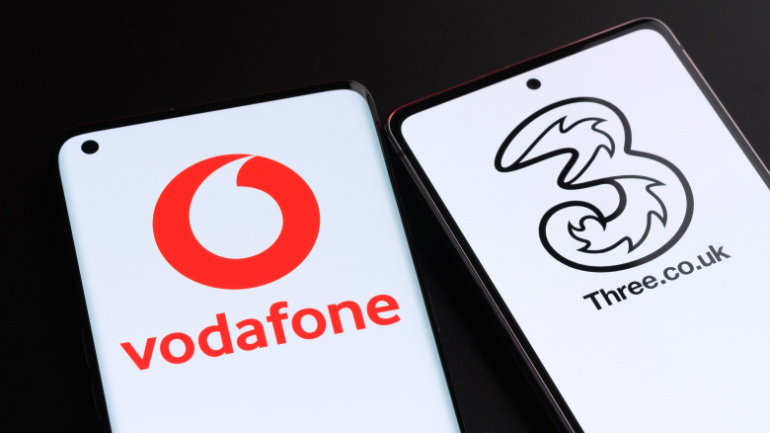Three UK’s latest financial report reveals a concerning swing to a loss, underscoring the company’s pressing need for a merger with Vodafone, as articulated by its chief executive. Despite experiencing growth in both revenue and customer base last year, the mobile operator faced increased capital spending and operating costs, leading to its first earnings loss in over a decade. This financial downturn has been a pivotal factor in advocating for the proposed merger with Vodafone, according to Three UK’s CEO, Robert Finnegan.
In an ambitious move to counteract the issue of network congestion within city environments, UK mobile operator Three has initiated a pioneering project in Glasgow, employing the advanced technology of Mavenir. The initiative focuses on the strategic placement of small cell units across the city to enhance urban connectivity, particularly in areas where 5G coverage is inconsistent.
The UK’s Competition and Markets Authority is investigating the proposed merger of mobile network providers, Three UK and Vodafone UK. The focus is on whether this union could diminish competition in the industry. While a smaller field of players is a concern, there is optimism as the new entity plans a hefty joint investment in infrastructure upgrades.
Three UK has partnered with Attensi to gamify staff training, transforming conventional methods into engaging digital simulations. This modern learning approach endorses the network’s commitment to superior customer service, strengthening their core values while enhancing worker competencies.
Last Friday experienced a network issue affecting many Three customers, drawing nearly 18,000 complaints. Meanwhile, Three is discussing a merger with Vodafone, a move subject to scrutiny by the Competition and Markets Authority which is currently conducting a formal Phase 1 investigation.
The UK’s communications regulator, Ofcom, has finalized plans to auction off mmWave spectrum for mobile services, with an eye on potential effects a pending Vodafone/Three UK merger might have. This move underscores the regulatory body’s diligent efforts to enhance 5G spectrum allocations, allocating citywide licenses to 68 major UK locations. Despite the anticipated delay due to the merger’s evaluation, Ofcom plans to award licenses on a first-come, first-served basis in less densely populated areas, promising a balanced landscape for both telecom giants and early adopters.
Bringing 4G to the UK’s remotest realms, Three UK has established 100 dedicated sites through the Shared Rural Network (SRN). This initiative enhances coverage by around 2,800km2, reaching over 37,000 new premises. However, with the ambitious goal to extend 4G coverage to 95% of the country by 2025, one can’t help but ponder, is the UK on pace to meet this target? Participate in the discussion at the Connected Britain digital economy event.
As Three UK reports a 4% revenue boost, courtesy of an expanded active customer base, its operations cost, inflated by 19%, outpaces earnings, hinting at potential sustainability issues. In a different landscape, Telecom Italia shows a 5.5% Q2 profit increase, largely on Brazil’s performance, though competitive pricing in Italy has forced a hefty debt, leading TIM to consider selling its landline grid. At the same time, BT Group sees an uptick in revenue by 4%, attributed to raised prices and improved customer satisfaction. Contrarily, US-based Qualcomm, hit by reduced consumer spending, anticipates a similar upcoming quarter, resulting in a sharp fall in share price. Meanwhile, Bharti Airtel highlights a 14.1% YoY revenue increase, fueled by its growing 4G and postpaid customer base.
Vodafone UK is proclaiming the promise of 5G, with over 50% of UK adults agreeing that it could significantly impact their daily lives. But the telecom giant is also sparking conversation around its proposed merger with Three, a move believed to accelerate the UK’s digital future. The benefits of this merger extend to healthcare, utilities, and railways, showing strong potential to enhance these sectors through technologies enabled by 5G connectivity. However, this ambitious union faces challenges, including the controversial issue of spectrum distribution, crucial for 5G delivery. Yet, in the ever-evolving telecom landscape, it might be the willingness to navigate these challenges that determines their success.
Vodafone and CK Hutchison announce plans to merge their UK operations, highlighting potential benefits such as a top-class 5G network and better customer value. However, regulatory approval may pose a challenge and delay the process.













